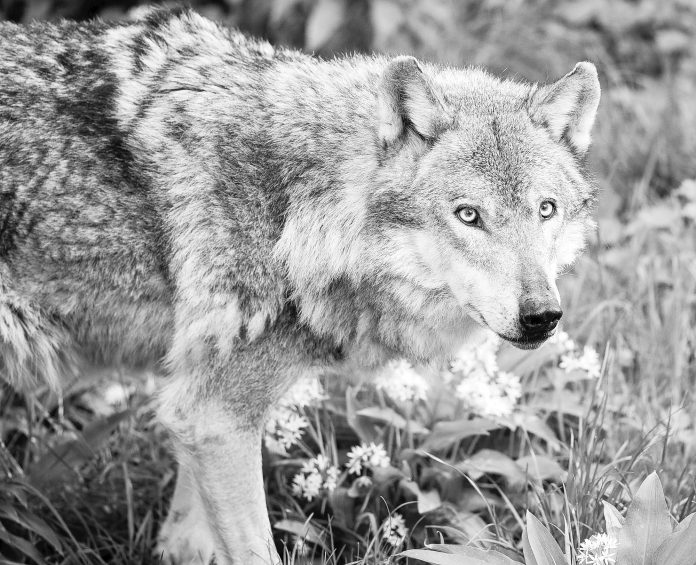
Wolves are officially back in the Netherlands, two centuries after the animals were hunted to extinction in the country, after a pair produced a litter in the wild — news welcomed Thursday by conservationists.
The province of Gelderland posted a video online this week showing three young wolves in a forest clearing, though the province said in a statement there could be up to five pups. The province did not reveal the exact location of the footage, saying it does not want people to disturb the animals.
The return of wolves to this densely populated nation on the western edge of continental Europe follows a growth in numbers in neighboring Germany.
“It’s fantastic news,” said Michiel van der Weide, a wolf expert for nature protection organization Natuurmonumenten. He said wolf watchers in the Netherlands had been awaiting the arrival of the first litter of pups following recent sightings of wolves in the country.
Van der Weide said that the animals pose virtually no risk to humans. Local authorities are working with farmers to protect livestock such as sheep and goats from wolves.
DNA tests established that the wolves originally come from eastern Germany, he said.
According to official German figures, there were 75 wolf packs, 30 breeding pairs and 3 lone wolves in the country last year.
While wolves still have a novelty value in the Netherlands, they have become a source of political friction across the border. The far-right opposition Alternative for Germany party has accused the government of failing to defend the interests of farmers.Last month, Germany’s Cabinet agreed on a bill that will allow wolves to be killed even if it’s unclear which member of a pack was responsible for the killing of a farm animal.
Germany’s agriculture minister had also wanted the option of shooting wolves as a precautionary measure, a move the Environment Ministry opposed.
Parliament can amend the bill before it is passed.q
















